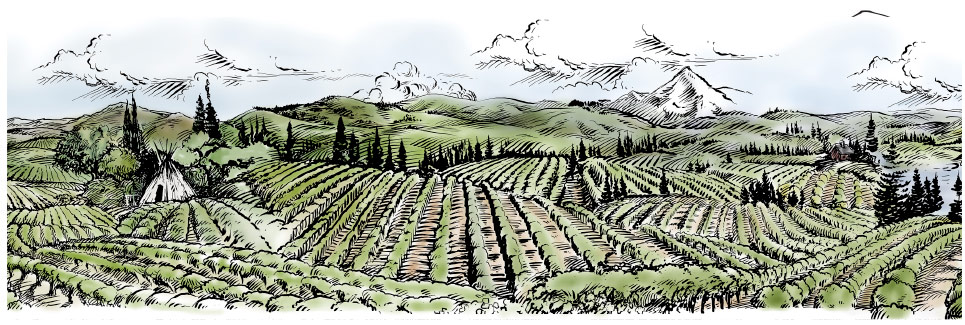What Business Are You In: Part II
With respect to the wine industry, the answers are widely divergent. As recently as thirty years ago, such was not the case. As late as 1980, winemaking knowledge was a competitive entry barrier in itself. In Europe, that knowledge was largely passed down through generations. In the 50’s and 60’s, Emile Peynaud, at the University of Bordeaux, pioneered the science of winemaking but traditionalists eschewed his methods. Continue »
Why you may not be very interesting: The current culture of wine
He Said: The wine industry has long suffered the slings and arrows of people both inside and outside that have cried a derisive, "foul!" at the sometimes prolix, garrulous and elaborate vocabulary that is associated with assessing wine.... She Said: From a wine-geek perspective, I agree with you. I've chosen to make this not just my passion, but my career. I can, and do, write long, flowery tasting notes. But standing on the frontlines actively witnessing people read the tasting notes has put much of their bellyaching into perspective. Continue »
Great Bottles of Wine: The modern Dodo-bird, or the common Grackle?
He Said: I have had a few great bottles of wine in my day. A paltry few.... She Said: Essentially, what you are saying here is that if one gets drunk enough, the "plonk" doesn't really matter. I've got to disagree. Continue »
What Business Are You In: Part I
In the Spring of 2008, David Collis, then of Harvard, and the late Michael Rukstad, coauthored an article in the Harvard Business Review titled Can You Say What Your Strategy Is? Professors Collis and Rukstad challenged executives to distill the objective, scope and advantage of their business to 35 words or less. In the research leading up to the article, they found that few people could and offered the obvious conclusion that if they couldn’t, neither could anyone else. Continue »

